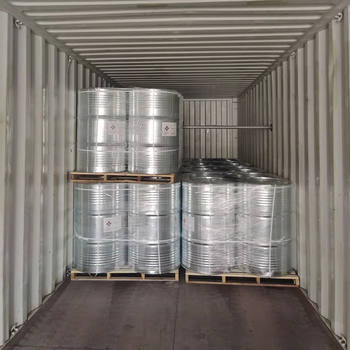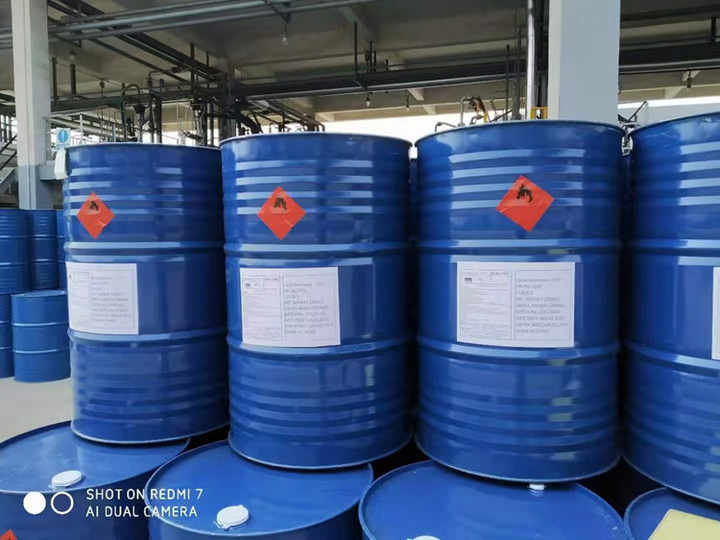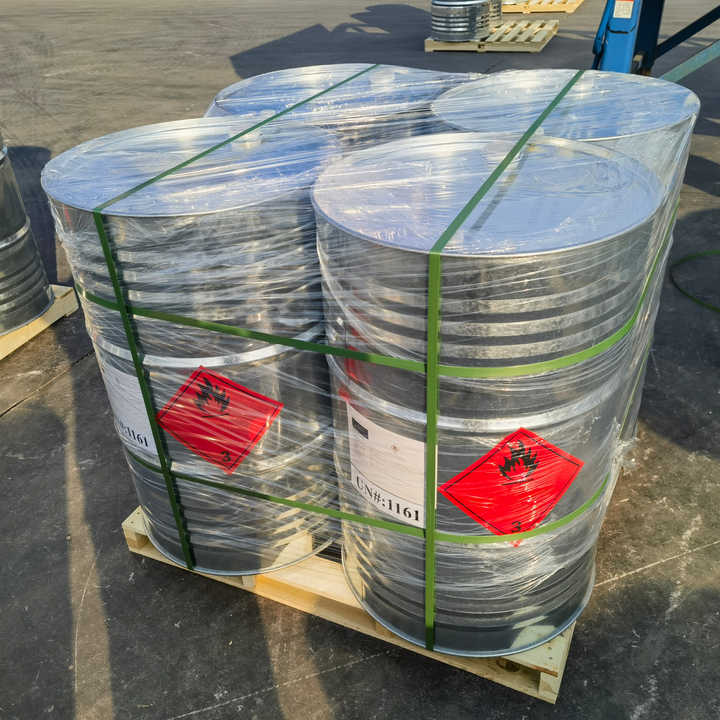Complete Guide: Dimethyl Carbonate (DMC)
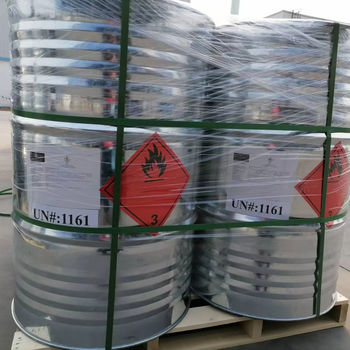
If Dimethyl Carbonate (DMC) plays a critical role in your industrial applications—whether for battery electrolytes, solvents, methylation agents, or polycarbonate production—this guide provides the key insights needed to make a confident purchasing decision.
Dimethyl Carbonate is an organic compound with the chemical formula C₃H₆O₃, valued for its high reactivity, low toxicity, and environmentally friendly profile. DMC is a versatile intermediate used in chemical synthesis and is becoming increasingly popular as a green substitute for traditional solvents and reagents.
Description
Dimethyl Carbonate is a clear, colorless, flammable liquid with a mild ester-like odor. It is produced through transesterification of methanol with phosgene-free processes or via oxidative carbonylation. DMC has low toxicity, rapid biodegradability, and excellent solvency properties.
Its main industrial applications span across pharmaceuticals, coatings, adhesives, fuel additives, and lithium-ion battery electrolyte formulations.
Property | Specification
| Property |
Specification |
| Chemical Formula |
C₃H₆O₃ |
| Molecular Weight |
90.08 g/mol |
| Appearance |
Clear, colorless liquid |
| Purity |
≥ 99.0% (battery grade available) |
| Boiling Point |
90°C |
| Flash Point |
17°C (closed cup) |
| Density |
1.07 g/cm³ |
| Solubility |
Miscible with organic solvents |
| Odor |
Mild, sweet, ester-like |
| Shelf Life |
12–24 months (sealed) |
| Packing |
200L drums, IBCs, ISO tanks |
Dimethyl Carbonate Applications
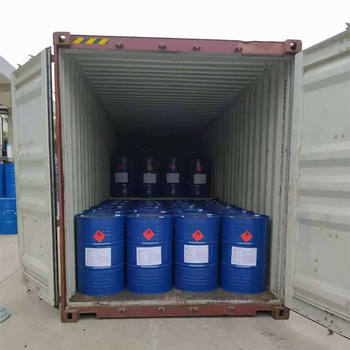
DMC is a highly adaptable compound used in numerous industries:
1. Battery & Electronics Industry
2. Pharmaceutical & Agrochemical Synthesis
3. Coatings & Paints
4. Fuel Additives
5. Polycarbonate Resin Production
Dimethyl Carbonate Grades & Uses
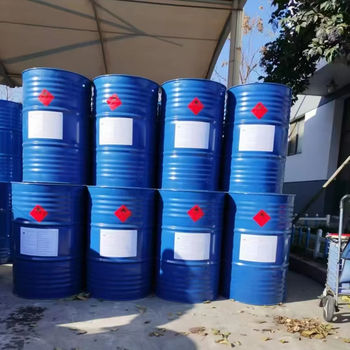
| Grade Type |
Purity |
Typical Use |
| Industrial Grade |
99.0% min |
Coatings, adhesives, intermediates |
| Electronic Grade |
99.9% min |
Battery electrolytes, high-tech uses |
| Pharmaceutical |
99.5% min |
Drug intermediates, fine chemicals |
Is Dimethyl Carbonate Toxic?
DMC is classified as low-toxicity and is safer than many traditional reagents it replaces.
-
Biodegradable and not classified as carcinogenic.
-
May cause mild irritation to eyes or respiratory tract upon exposure.
-
Always handle with appropriate PPE and consult MSDS guidelines.
Is Dimethyl Carbonate Flammable?
Yes. DMC is highly flammable with a low flash point (17°C).
-
Must be stored in cool, ventilated, fireproof areas.
-
Keep away from heat sources, sparks, and incompatible oxidizing agents.
-
Use explosion-proof electrical systems during handling.
Dimethyl Carbonate vs. Traditional Solvents
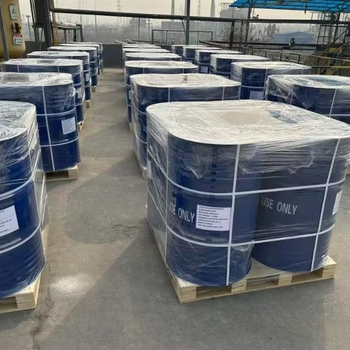
| Parameter |
Dimethyl Carbonate |
Acetone |
Methyl Chloride |
| Toxicity |
Low |
Moderate |
High |
| Biodegradability |
Rapid |
Moderate |
Low |
| VOC Compliance |
Yes |
Limited |
No |
| Odor |
Mild |
Strong |
Pungent |
| Reactivity |
High |
Low |
Very high |
DMC stands out as a green solvent with multiple functional groups, enabling it to replace more hazardous or volatile compounds in modern manufacturing.
Purity Standards
-
Industrial Grade: ≥ 99.0% purity
-
Battery/Electronics Grade: ≥ 99.9% with < 50 ppm moisture and low acid content
-
Must meet REACH, ISO 9001, GHS, RoHS, or national chemical safety standards.
Price & Supplier Considerations
Price depends on:
-
Purity level and moisture control
-
Grade (battery, industrial, pharma)
-
Volume and packaging (bulk tanks vs. drums)
-
Region and transportation costs
Key Supplier Evaluation Checklist
-
Certificates of Analysis (COA) and Safety Data Sheets (SDS)
-
Battery-grade or high-purity options available
-
Tamper-proof and corrosion-resistant packaging
-
Consistent moisture control and trace impurity testing
-
Timely shipping and tech support on storage/usage
Avoid suppliers who can’t provide detailed specs or lack compliance certifications. Poor-quality DMC can impair battery life, create safety risks, or lead to failed synthesis reactions.
Buy Dimethyl Carbonate
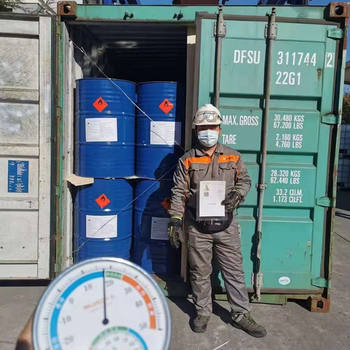
1. Define Application
-
Is it for electrolytes, chemical synthesis, or solvents?
-
What purity and moisture level is required?
2. Request Technical Documentation
-
Ask for TDS, COA, and MSDS for the intended grade.
-
Battery and pharma users should insist on ppm-level impurity control.
3. Perform Compatibility Testing
-
Run pilot tests for solubility, reaction efficiency, or battery life impact.
-
Validate specs before large-scale purchase.
4. Check Packaging and Storage
5. Choose Trusted Suppliers


